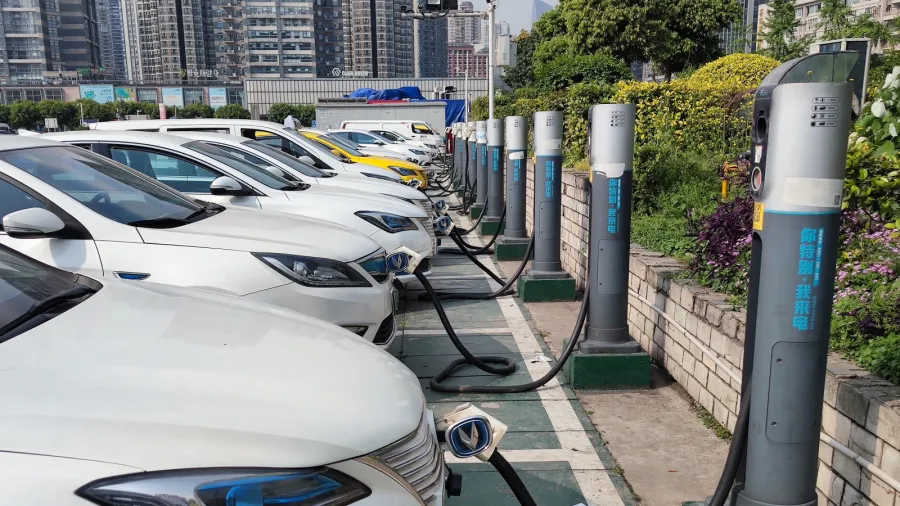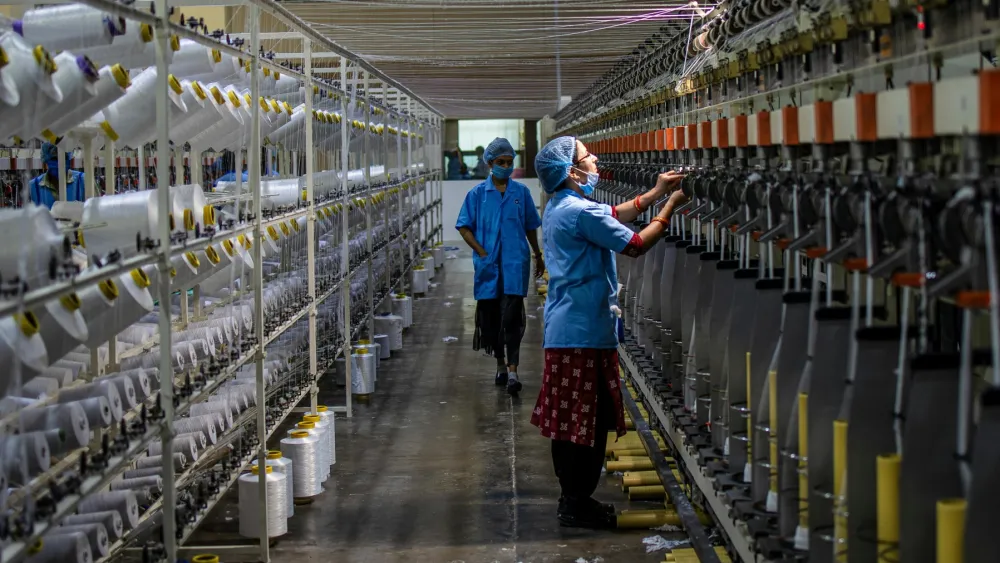
China's rapid battery electric vehicles growth defies global slowdown
It surges ahead with 25% BEV penetration, fueled by affordability and government backing.
China is currently leading the way in delivering affordable electric mobility, however, the momentum in the transition to electric vehicles (EVs) is slowing in other parts of the world, a report by S&P Global Ratings and S&P Global Mobility said.
Recent data suggests that the electrification of vehicles may take longer than anticipated with Battery electric vehicle (BEV) penetration market penetration outlook being revised downwards to 2.3 percentage points by analysts.
Despite this, the outlook for BEVs in 2030 remains stable if consumer demand accelerates.
The majority of the legacy automakers are affected by the diluted profitability from the sale of EVs. However, a more protracted electrification process is an opportunity for them.
In the US and Europe, consumers are hesitant to switch to EVs due to the higher cost compared to non-BEV vehicles. In Western Europe, the average manufacturer's suggested retail price (MSRP) premium for a BEV is 24%, whilst in the US, it is 37%. Factors such as range anxiety and concerns over charging infrastructure, residual values, and technological obsolescence also contribute to customer hesitation in these regions.
On the other hand, China is experiencing rapid growth in BEV penetration, with 25% of vehicles being BEVs in the first quarter of 2024. This growth is attributed to low manufacturing costs, government support, and the availability of affordable products. In China, the average MSRP for BEVs is even lower than that of non-BEV vehicles, making them more attractive to consumers.
The automotive supply chain is redefining battery players and it is expected to dominate the battery market by the end of the decade.
In response to consumer demand, Western automakers are developing cheaper EVs, with entry-price BEVs expected to arrive in Europe by 2025-2026. However, legacy automakers are facing challenges in maintaining profitability due to increased competition and price discounting in the EV market. Despite this, a prolonged transition to EVs could benefit legacy automakers by allowing them to maximise cash flow from existing platforms and adjust their cost structures for a smoother transition.
Regulatory changes, environmental regulations, and the availability of charging infrastructure all play a role in driving the long-term scenario of 40% BEV penetration globally. Government targets and emissions regulations are pushing automakers to transition to zero-emission or low-emission vehicles. However, the politicisation of electrification adds additional risk and cost, as different political factions have varying viewpoints on vehicle emissions regulations.
In terms of battery technology, Asian cell producers are expected to dominate the global EV battery supply, with South Korean suppliers making significant investments in the North American market.
While battery prices are declining, there are concerns about future supply constraints post-2024, especially in raw materials such as lithium and nickel. The debate around optimal battery chemistries also remains unresolved, with different technologies being favoured in different regions.
Charging infrastructure is another key factor in the transition to EVs, with concerns about charging time and availability being significant barriers to adoption. To enable a successful transition to EVs, the industry will need to address these challenges and increase the number of public charging points.
Overall, while the electric transition may be entering a phase of slower growth, the changes unfolding in the automotive industry will have long-lasting impacts on the competitive landscape and global supply chains. The stakes are high for the world's largest manufacturing economies as they navigate the shift towards electric mobility.



















 Advertise
Advertise









